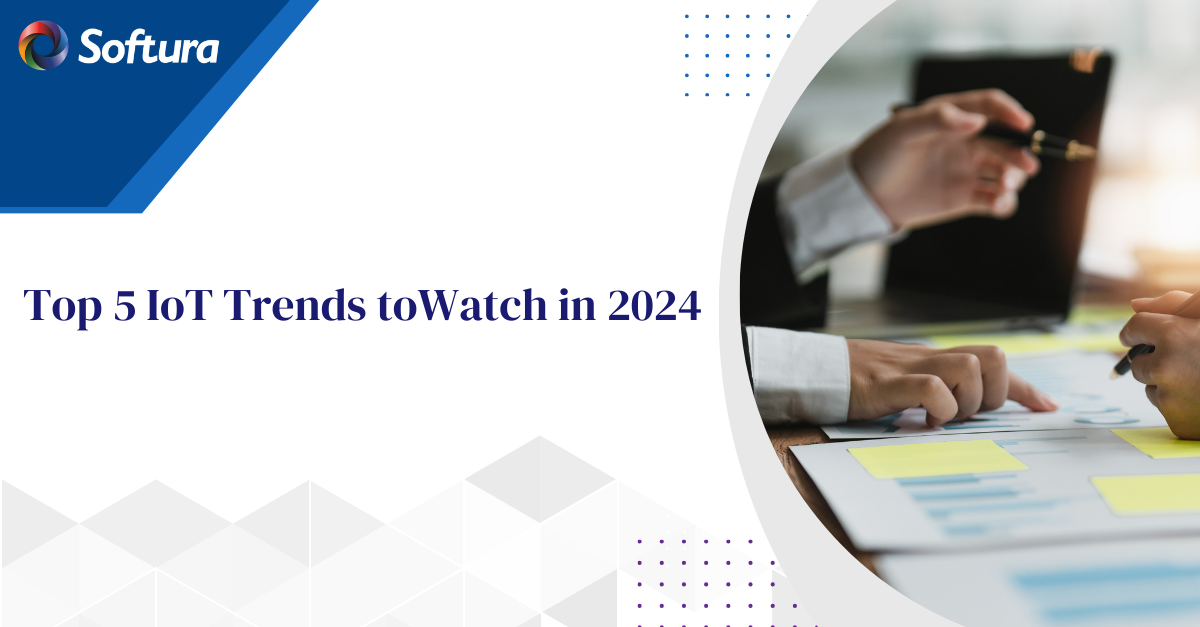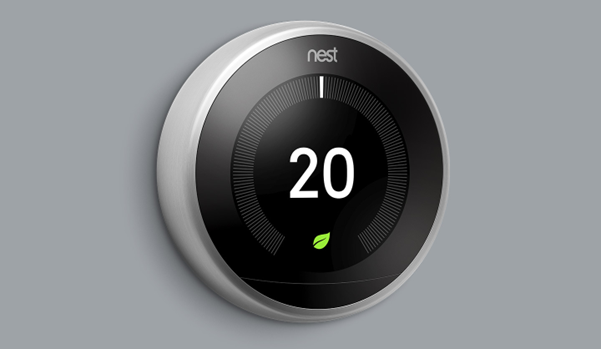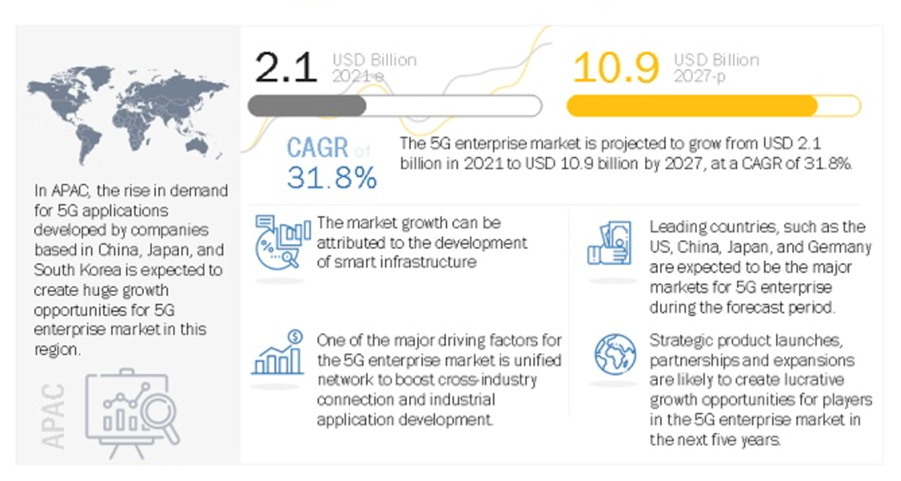"Our integration with the Google Nest smart thermostats through Aidoo Pro represents an unprecedented leap forward for our industry."
- Antonio Mediato, founder and CEO of Airzone.

The Internet of Things (IoT) is redefining the way businesses operate, offering unbelievable opportunities for innovation and efficiency. In this blog, we'll explore the top five IoT trends that are poised to transform the technology sector in 2024.
The fusion of Artificial Intelligence (AI) with IoT, known as AIoT, is one of the latest IoT trends to watch out for in 2024. This trend is revolutionizing how IoT devices function, enabling them to make real-time decisions, automate processes, and enhance security measures.
This year, we anticipate a surge in AIoT applications, particularly in predictive analytics.
This will be crucial for energy management, security enhancements, and optimizing operations in sectors like smart cities and connected buildings. For technology companies, this represents a golden opportunity to develop more sophisticated and efficient IoT solutions.
A real-life example of AIoT in action is Google's Nest Learning Thermostat.

Source: Google
This smart thermostat uses AI algorithms to learn a homeowner's habits and preferences. It adjusts heating and cooling settings automatically for optimal comfort and energy efficiency. The Nest thermostat gathers and analyzes data from various sensors and the user's interactions, making intelligent decisions to manage the home environment efficiently.
HVAC solutions provider Airzone Control has announced the integration between its Airzone Aidoo Pro and the full portfolio of Google Nest thermostats.
"Our integration with the Google Nest smart thermostats through Aidoo Pro represents an unprecedented leap forward for our industry."
- Antonio Mediato, founder and CEO of Airzone.
Sustainability is becoming a core aspect of IoT development.
The focus on sustainable IoT practices aligns with the broader goal of combating climate change. IoT systems like connected LEDs and sensors are at the forefront of identifying energy-saving opportunities, contributing significantly to reducing carbon footprints. The shift towards a circular economy model in IoT, emphasizing the reuse and refurbishment of components, and presents an ethical and environmentally-friendly approach for software developers to consider in their IoT offerings.
Philips Lighting (now Signify) is an example of sustainable IoT.
Their connected LED lighting systems, integrated with IoT sensors, not only provide energy-efficient lighting solutions but also gather data for optimizing building operations, such as adjusting lighting based on occupancy or natural light availability. This approach contributes to energy savings and sustainability goals, aligning with the principles of a circular economy.
"By analyzing the data from our connected lights, devices and systems, our goal is to create additional value for our customers through data-enabled services that unlock new capabilities and experiences."
- Harsh Chitale, leader of Philips Lighting’s Professional Business.
The boom of 5G networks marks a turning point for IoT trends in 2024.
With its low-latency and high-speed capabilities, 5G is unlocking new potentials for IoT applications, particularly those requiring real-time data processing. The implications for IoT in sectors like autonomous vehicles and smart city infrastructures are profound. B2B companies specializing in IoT should leverage the capabilities of 5G to create more dynamic, responsive, and efficient solutions.

Source: Markets and Markets
Verizon's implementation of 5G networks in smart city solutions is a great example. 5G's high speed and low latency enable more efficient and real-time data processing, enhancing IoT applications like traffic management, public safety monitoring, and infrastructure maintenance. Cities like San Jose have partnered with Verizon to leverage 5G for improving urban services and operations.
The growing demand for quick data processing is driving the adoption of edge computing in IoT. By processing data at its source, edge computing reduces latency and operational costs while enhancing data security.
For companies incorporating edge computing into IoT solutions, it means delivering faster, more reliable, and secure applications. This is especially relevant in industries where real-time data processing is critical.
An example of edge computing in IoT is Siemens’ use of edge computing in industrial automation.
Siemens implements edge devices in manufacturing environments to process data from IoT sensors on factory floors. This local processing enables real-time analysis and decision-making for predictive maintenance and operational efficiency, without the need for sending data back to a central cloud for processing.
As the IoT network expands, so does its vulnerability to cyber threats.
The integration of blockchain technology is set to fortify IoT security in 2024, offering a decentralized approach to data storage and transmission.
For tech companies, this means an opportunity to develop IoT solutions that are not only efficient but also secure. Emphasizing blockchain in IoT will help protect sensitive data and maintain the integrity of IoT ecosystems.
IBM’s Blockchain Platform is an example of enhancing IoT security through blockchain technology.
IBM integrates blockchain with IoT to create secure and transparent networks for various applications, such as supply chain management and identity verification. This approach ensures the integrity and security of data exchanged between IoT devices, reducing the risk of tampering and unauthorized access.
"IoT with blockchain can bring real trust to captured data. The underlying idea is to give devices, at the time of their creation, an identity that can be validated and verified throughout their lifecycle with blockchain."
- Jerry Cuomo IBM Fellow, VP, CTO IBM Automation
By leveraging specialized IoT services, which integrate AIoT, sustainable practices, 5G capabilities, and edge computing, companies can develop innovative solutions to meet and exceed the ever-evolving requirements of consumers. Softura’s approach positions your business to take full advantage of the ongoing IoT trends.
Reach out to us and schedule a no-cost consultation session with our IoT expert to discuss how these cutting-edge technologies can solve your business’ existing problems.